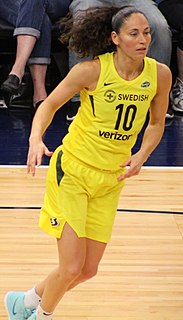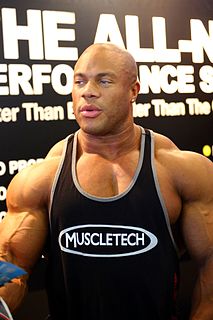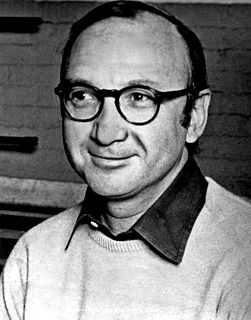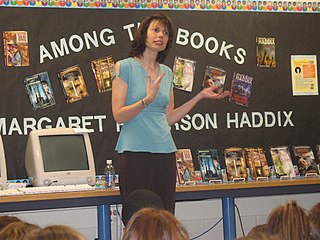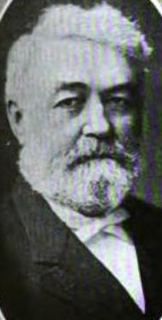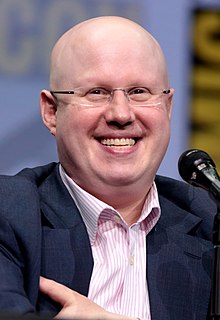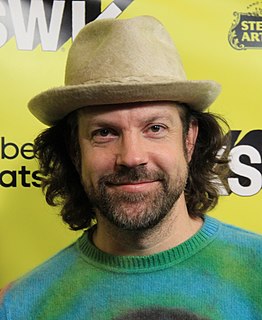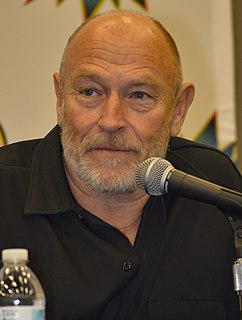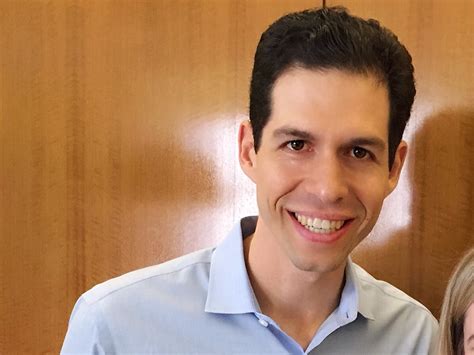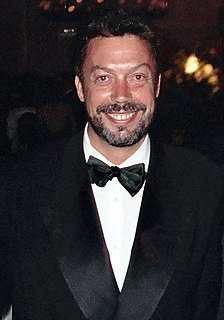A Quote by Sue Bird
When I turned 30, the first question I got was, 'How much longer do you want to play?' And I don't see why that can't be when you turn 40. I really don't.
Related Quotes
But we did see the process develop. I remember going to the Rocket Pictures base and they had something like 40 people there, drawing. They didn't know what the characters looked like yet and I remember on the walls seeing 30 or 40 different versions of Juliet. So, it was then that I realised that someone's got to come in and make some really executive decisions.
Good description is a learned skill, one of the prime reasons why you cannot succeed unless you read a lot and write a lot. It’s not just a question of how-to, you see; it’s also a question of how much to. Reading will help you answer how much, and only reams of writing will help you with the how. You can learn only by doing.
Really there's different scales of stories. Sometimes you want to tell one that 20, 30, 40, 50 million people will want to see and hear. Sometimes you do one that you know 150 will want to see on one night. As long as you're telling the right story for the right audience and they're getting something out of it it's essentially the same feeling to me.
Two questions help us see why we are unlikely to get what we want by using punishment... The first question is: What do I want this person to do that's different from what he or she is currently doing? If we ask only this first question, punishment may seem effective because the threat or exercise of punitive force may well influence the person's behavior. However, with the second question, it becomes evident that punishment isn't likely to work: What do I want this person's reasons to be for doing what I'm asking?
I didn't really want to be an actor when I was growing up - I wanted to be whatever I was reading about or seeing at the time. When I read The Firm I wanted to be a lawyer; when I saw Top Gun, I wanted to be a fighter pilot. So that's why acting probably turned out to be a good thing for me because I get to be people for five minutes or 90 minutes. I'd be curious to see if I had the attention span to be like those guys on 30 Rock and play the same character season after season.
I have to go into the studio to make my second album knowing I'm making an album. When I first started making songs I didn't have an album in mind, that's why a lot of them I like - I'm talking about how I haven't got a deal, how I'm living, you can never really top the first time, but we'll see how it goes.
I turned 40 on the set of the reunion show for 'Sheer Genius,' so it wasn't a hideous birthday because I had everyone on the cast and crew sing 'Happy Birthday' to me, and I won $10,000 for being the fan favorite. It was really liberating to turn 40 and realize that I felt very comfortable with myself and knew who I was.
